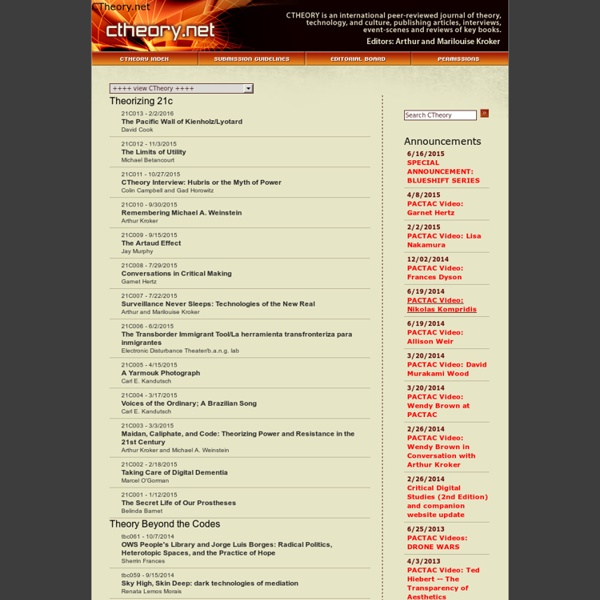



Wired 4.12: Mother Earth Mother Board The hacker tourist ventures forth across the wide and wondrous meatspace of three continents, chronicling the laying of the longest wire on Earth. In which the hacker tourist ventures forth across the wide and wondrous meatspace of three continents, acquainting himself with the customs and dialects of the exotic Manhole Villagers of Thailand, the U-Turn Tunnelers of the Nile Delta, the Cable Nomads of Lan tao Island, the Slack Control Wizards of Chelmsford, the Subterranean Ex-Telegraphers of Cornwall, and other previously unknown and unchronicled folk; also, biographical sketches of the two long-dead Supreme Ninja Hacker Mage Lords of global telecommunications, and other material pertaining to the business and technology of Undersea Fiber-Optic Cables, as well as an account of the laying of the longest wire on Earth, which should not be without interest to the readers of Wired. Information moves, or we move to it. During the decades after Morse's "What hath God wrought!"
Pynchon's Prophecies of Cyberspace Brian Stonehill English/Media Studies Pomona College Claremont, California USAbstonehill@pomona.edu Delivered at the first international conference on Pynchon, the University of Warwick, England, November 1994. ON THE FACE OF THINGS, it would seem paradoxical if not plainly contradictory to claim Thomas Pynchon for the pantheon of cyberspace prophets. For one thing, the most challenging and most rewarding novelist of our period would seem to have a pronounced aversion to anything binary. How can cybernauts and cyberpunks have the nerve to claim Pynchon as a literary ancestor, when the implied author of Gravity's Rainbow so clearly thinks of the digital domain as fodder for fascism and as hospitable only to the forces of dehumanization? Take Ned Pointsman, for instance, the evil experimental psychologist who can't wait to get his hands on a human subject. in the domain of zero to one, not-something to something, Pointsman can only possess the zero and the one. The wave of the future (580)
Notes Toward a Postcyberpunk Manifesto By Lawrence Person. Published in Nova Express in 1998 and in Slashdot in October 8, 1999. "Critics, myself included, persist in label-mongering, despite all warnings; we must, because it's a valid source of insight-as well as great fun." -- Bruce Sterling, from the introduction to Mirrorshades Bud, from Neal Stephenson's The Diamond Age, is a classic cyberpunk protagonist. All of which goes a long way toward explaining why his ass gets wasted on page 37 of a 455 page novel. Welcome to the postcyberpunk era. Arguably, science fiction entered the postcyberpunk era in 1988 with the publication of Bruce Sterling's Islands in the Net. Classic cyberpunk characters were marginalized, alienated loners who lived on the edge of society in generally dystopic futures where daily life was impacted by rapid technological change, an ubiquitous datsphere of computerized information, and invasive modification of the human body. Cyberpunk tended to be cold, detached and alienated.
The Cyberpunk Directory As a comprehensive directory of cyberpunk resources, this list is continiously updated. New items are marked with a icon. If you would like to suggest an addition, please send an email to the address listed at the bottom of this page. Cyberpunk is a science fiction genre noted for its focus on "high tech and low life".[1][2] The name is a blend of cybernetics and punk and was originally coined by Bruce Bethke as the title of his short story "Cyberpunk", published in 1983.[3][4] It features advanced science, such as information technology and cybernetics, coupled with a degree of breakdown or radical change in the social order.[5] Cyberpunk works are well situated within postmodern literature.[6] Cyberpunk writers tend to use elements from the hard-boiled detective novel, film noir, and postmodernist prose to describe the often nihilistic underground side of an electronic society. Society and government Cyberpunk can be intended to disquiet readers and call them to action.